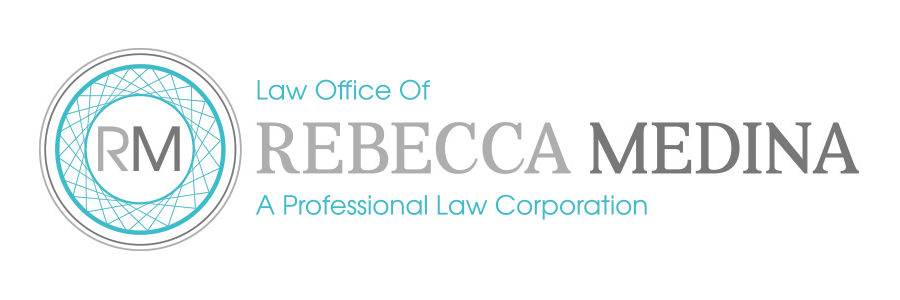Just as no two marriages are the same, neither are any two divorces. What worked for a friend or family member in a divorce might not work for you.
That’s okay—there are several alternative paths you can take as you go through your own process. A family law attorney can help you decide which alternative will get you the best results in your situation.
The following are the four main types of divorce alternatives and the benefits and downsides of each.
Do-it-yourself divorce
The only real advantage of a DIY divorce (without the assistance of an attorney) is that the upfront cost is less. While some people are able to navigate their way through the process with little to no help, it is important to consider the long-term costs associated with choosing this method rather than focusing only on the initial out-of-pocket expense. Examples of this would be waiving rights or your interest in assets you may have otherwise been entitled to and the expense to fix your documents in the event you find yourself in over your head and make a mistake. Even the most intelligent of people oftentimes find the process to be overwhelming or frustrating simply because they are unfamiliar with the law and legal requirements or they have trouble looking at their case from an objective viewpoint. This is why it is not uncommon for attorneys to hire other attorneys to represent them in their own personal matters.
In the event you opt to do your own divorce, it is still highly recommended that you consult with and/or hire an attorney to providing consulting services throughout the process to ensure you know your legal rights and obligations. This information can be invaluable when making decisions that are likely to affect you for several years to come, if not for life.
Mediation
In the mediation process, a couple works with a neutral third-party mediator, who helps them come to agreements on each aspect of the divorce. This mediator may or may not be an attorney, but should be well-versed in family law.
The major advantages to divorce mediation include reduced expenses, more control over the outcome of your divorce and an expedited resolution. It also is much more likely to preserve some appearance of cordiality in your relationship with your former spouse, which is especially important if you have children.
However, if the two of you have communication problems or if your spouse is completely unwilling to negotiate, mediation would not be the best option. In addition, a poorly drafted mediation agreement could result in problems in the future.
Collaborative divorce
In a collaborative divorce, the couple agrees to work out a settlement before going to court. Each spouse hires an attorney trained in collaborative divorce who can advise their client during the negotiation process. You could also seek the services of other professionals, such as financial planners or divorce therapists, who can help you work out specific issues.
The primary advantage of collaborative divorce is that it allows you to avoid most, if not all, court hearings. In general, avoiding litigation means your divorce is resolved faster and is less expensive.
It’s worth noting that if one spouse holds a great deal of financial power over the other, it can be hard for the two spouses to be on the same footing when it comes to finding an attorney. For the collaborative process to work in this case, it may be necessary to negotiate some sort of financial assistance for the disadvantaged party. Similar to mediation, collaborative divorce simply will not be an option if there has been a complete breakdown of communication or a buildup of animosity.
Litigated divorce
Most couples start out with this “traditional” model of divorce, but it doesn’t always mean the case will end up in a trial. Oftentimes, even difficult cases settle at some point during the process.
Litigation will likely be your best option if one party is not open to mediation or collaborative divorce, there is a particular issue(s) that the two of you cannot agree on and require the Judge to decide, or if one party wants the divorce and the other does not. The drawback to litigation is that it typically takes the longest for the case to be resolved and is generally the most expensive.
For more information on your options when it comes to dissolving your marriage, speak with a skilled Fresno and San Diego divorce lawyer at The Law Office of Rebecca Medina.

 About the Author: Rebecca Medina
About the Author: Rebecca Medina